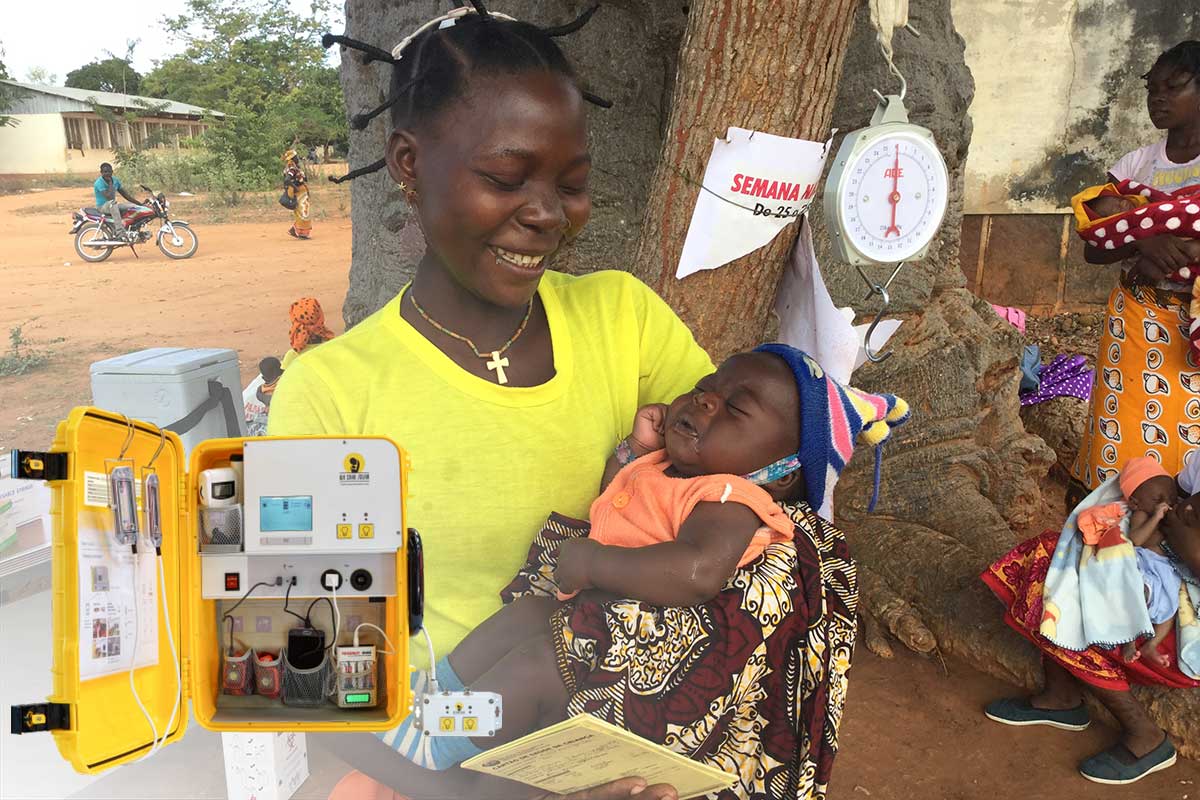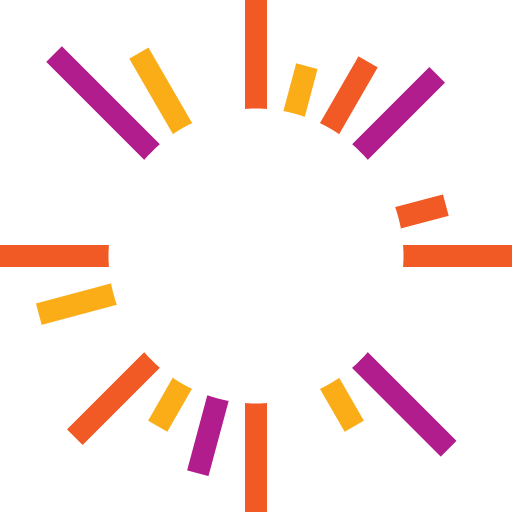The Diocese of Ottawa recently made a wonderful response to the PWRDF project —A Light for Every Birth—providing Solar Suitcases to rural health clinics in Mozambique. Under the banner of Ride for Refuge, the national fundraising goal was $40,000, but the importance of the project obviously touched people’s hearts across the country, and we surpassed that goal to raise almost $50,000. Of that total amount, 25 percent was donated through the Diocese of Ottawa. The PWRDF Working Group sends special thanks to the small parish of St. James in Perth, where 20 participants walked and cycled together to raise over $3,000!
Working directly with EHALE (Association for Community Health), one of its partners in Mozambique, PWRDF can now provide eight more Solar Suitcases to rural clinics throughout that country.
So what is a Solar Suitcase? It’s exactly what it sounds like—a completely portable solar light system in an easily transported suitcase. The creation, delivery and installation of each suitcase costs $5,800 CAD. The suitcase is bright yellow in colour, like the sun whose rays it captures and was created for use in free-standing clinics.
How does it work? Solar panels are installed on the roofs of rural clinics, while the suitcase itself is installed on a wall inside the clinic. The “door” to the suitcase opens sideways, much like a bathroom medicine cabinet. Inside the basic kit are LED lights for medical use, a universal cell phone charger, another charger for the batteries used in devices, and outlets for plugging in 12-volt powered equipment. The kit comes with either 40 or 80 watts of solar panels, a solar-power storage battery, and an expansion option to add capacity. Most excitingly—it also comes with a portable fetal heart monitor!
How did these suitcases come to be? Almost 25 years ago, Dr. Laura Stachel was in northern Nigeria studying maternal and child health. She quickly realized that limited access to electricity often led to major problems; both mothers and their babies were dying due to the lack of light during childbirth. She told her husband Hal Aronson, a solar energy educator, about the situation, and in response, he designed a solar power system for the hospital where his wife was working. However, while Stachel and her colleagues were waiting for the full installation, they relied on a small suitcase-sized prototype. With it they charged communications devices and surgical LED headlamps to use during deliveries, some by Caesarean section. And that’s how the safe birthing of babies, led to the birth of WE CARE Solar Suitcases.
In addition to using the equipment in the solar suitcases to reduce maternal and child deaths, positive experiences at the clinics often encourage mothers to access other healthcare services. Care that can last for a lifetime often starts with a good experience at delivery. It’s a great encouragement to the mother and her husband to visit the clinic for post-natal checkups where they can access a range of other services such as nutrition monitoring, vaccines for a range of diseases, and hygiene and sanitation advice that is particularly important where cholera is present.
Diocesan supporters and participants in this incredible PWRDF project can be proud and happy, knowing our involvement is making a real concrete difference in the lives of our brothers and sisters in Mozambique.
To learn more about how the suitcases work, check out this YouTube link.




Saint Mary’s Church, Westmeath — Deanery of the Northwest